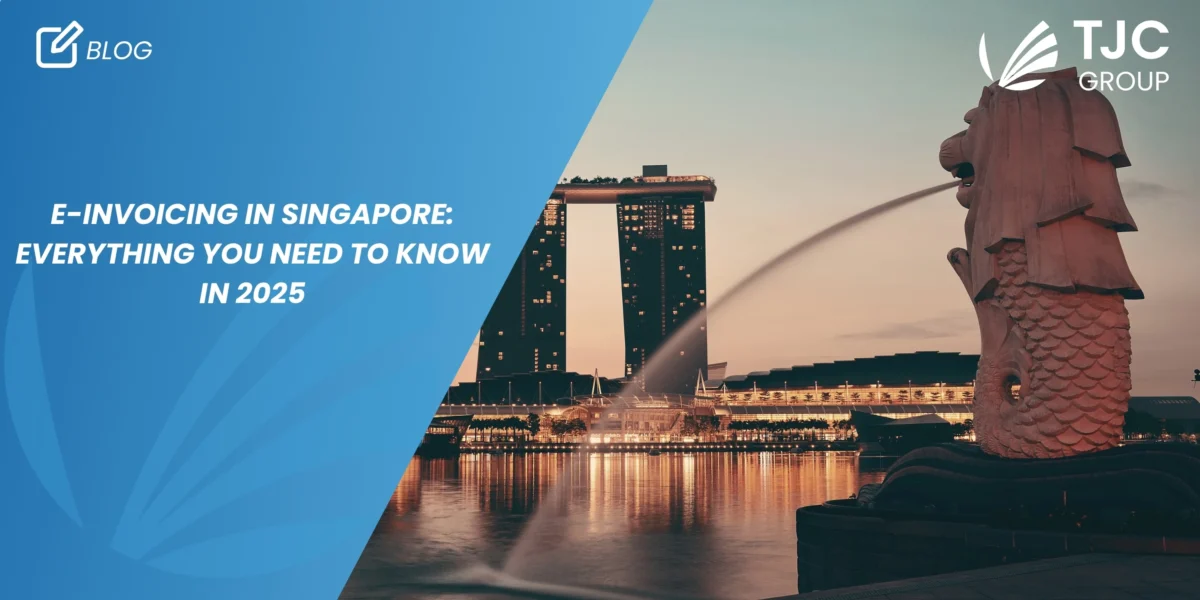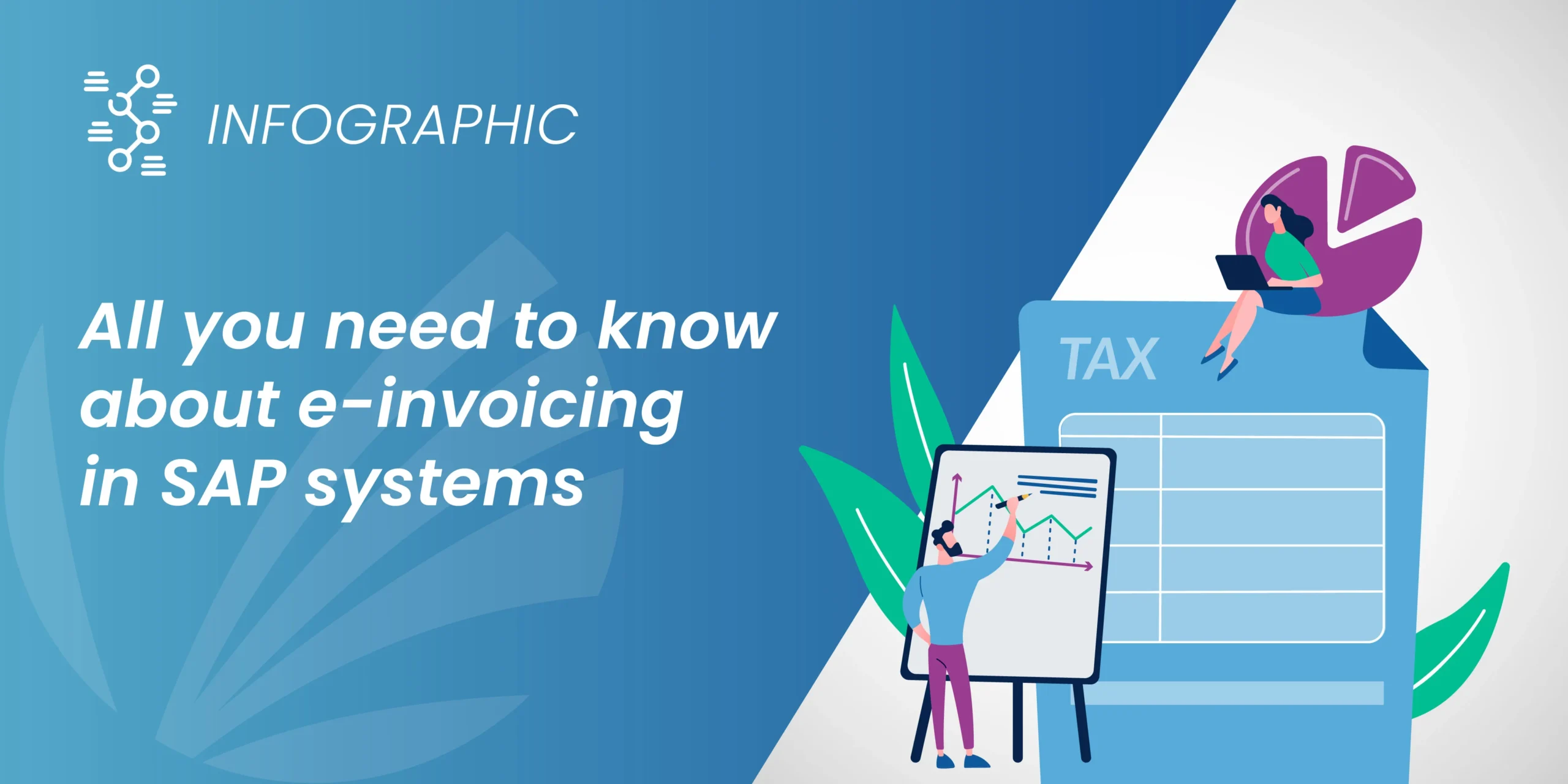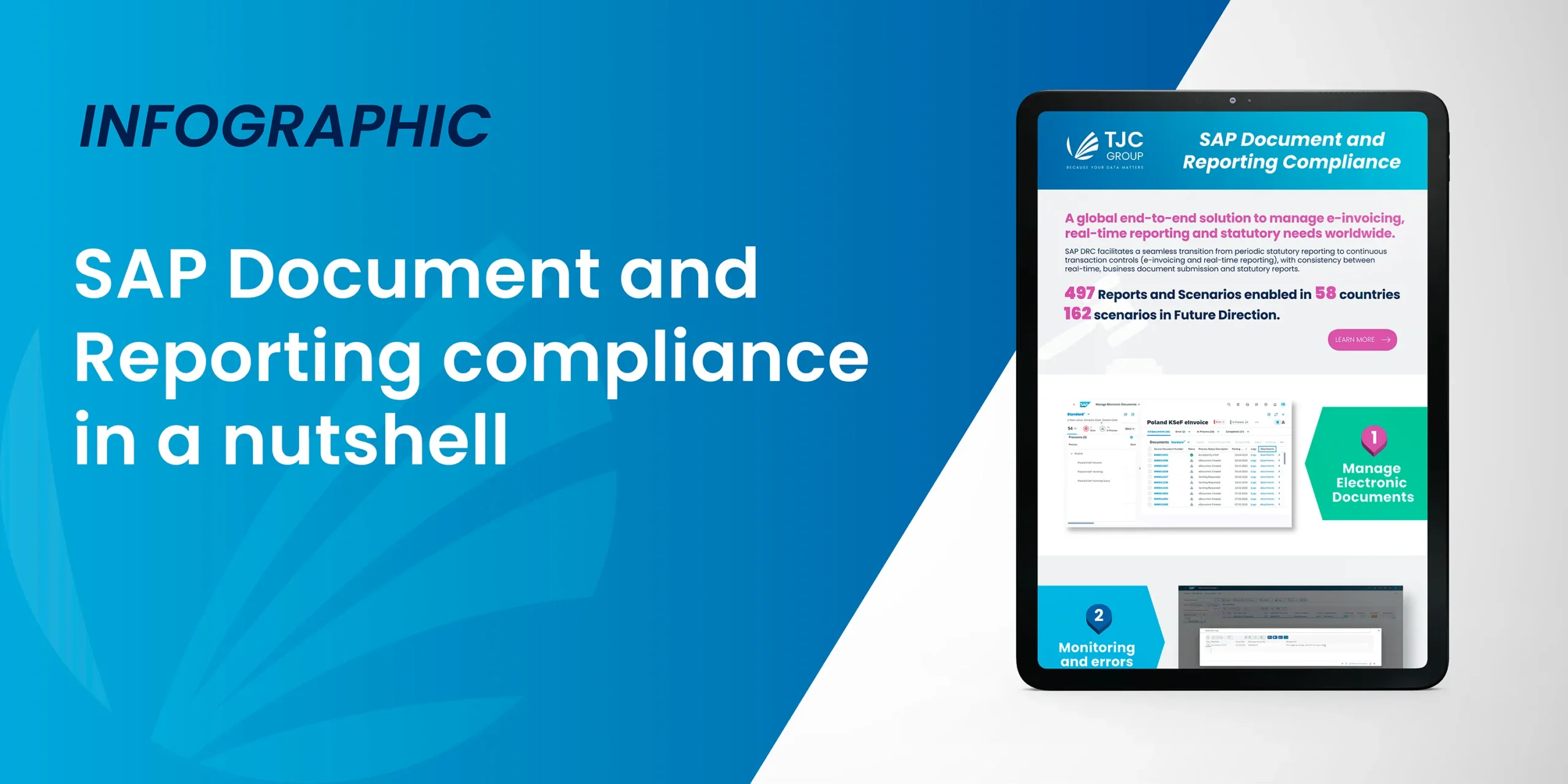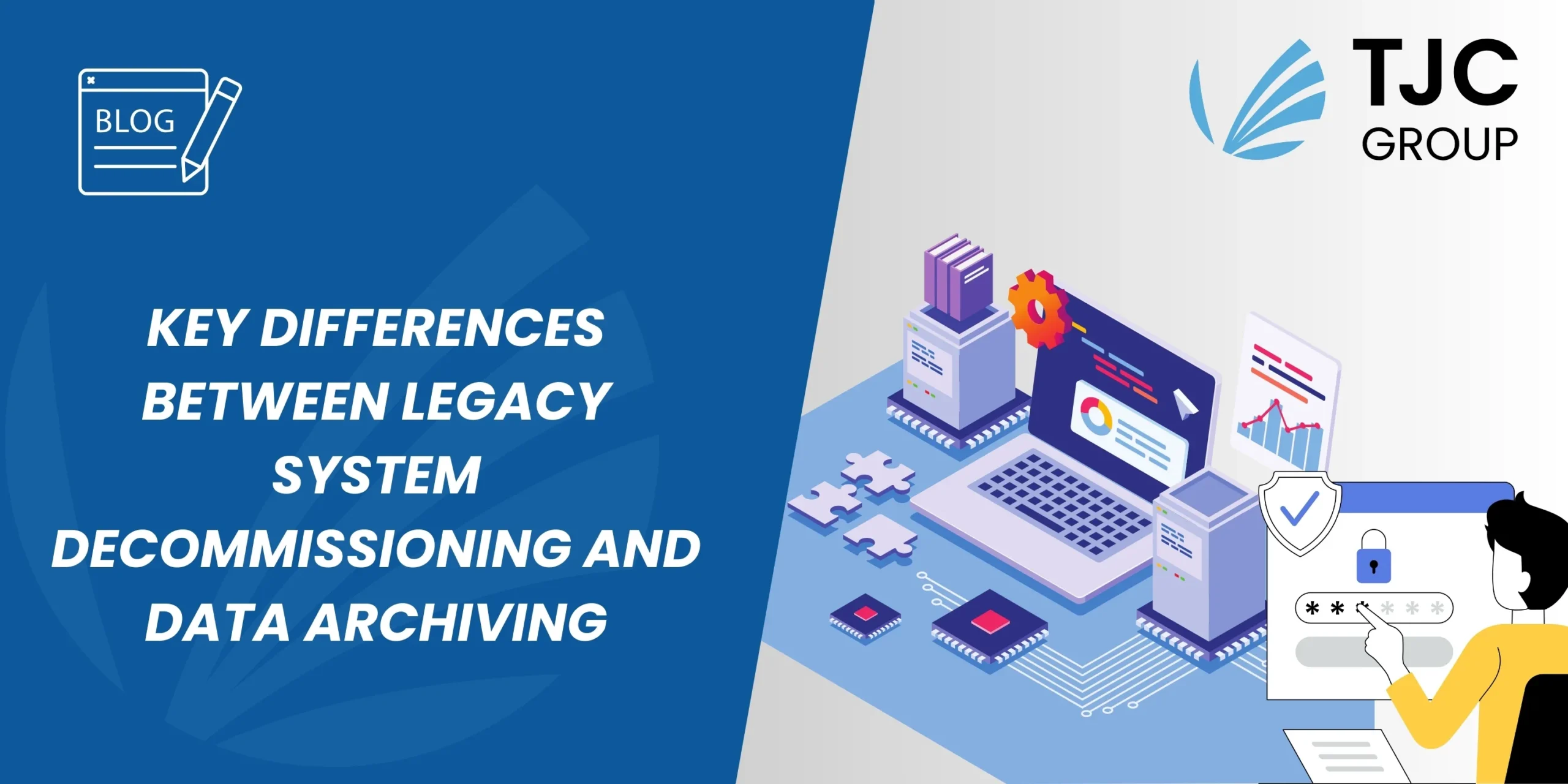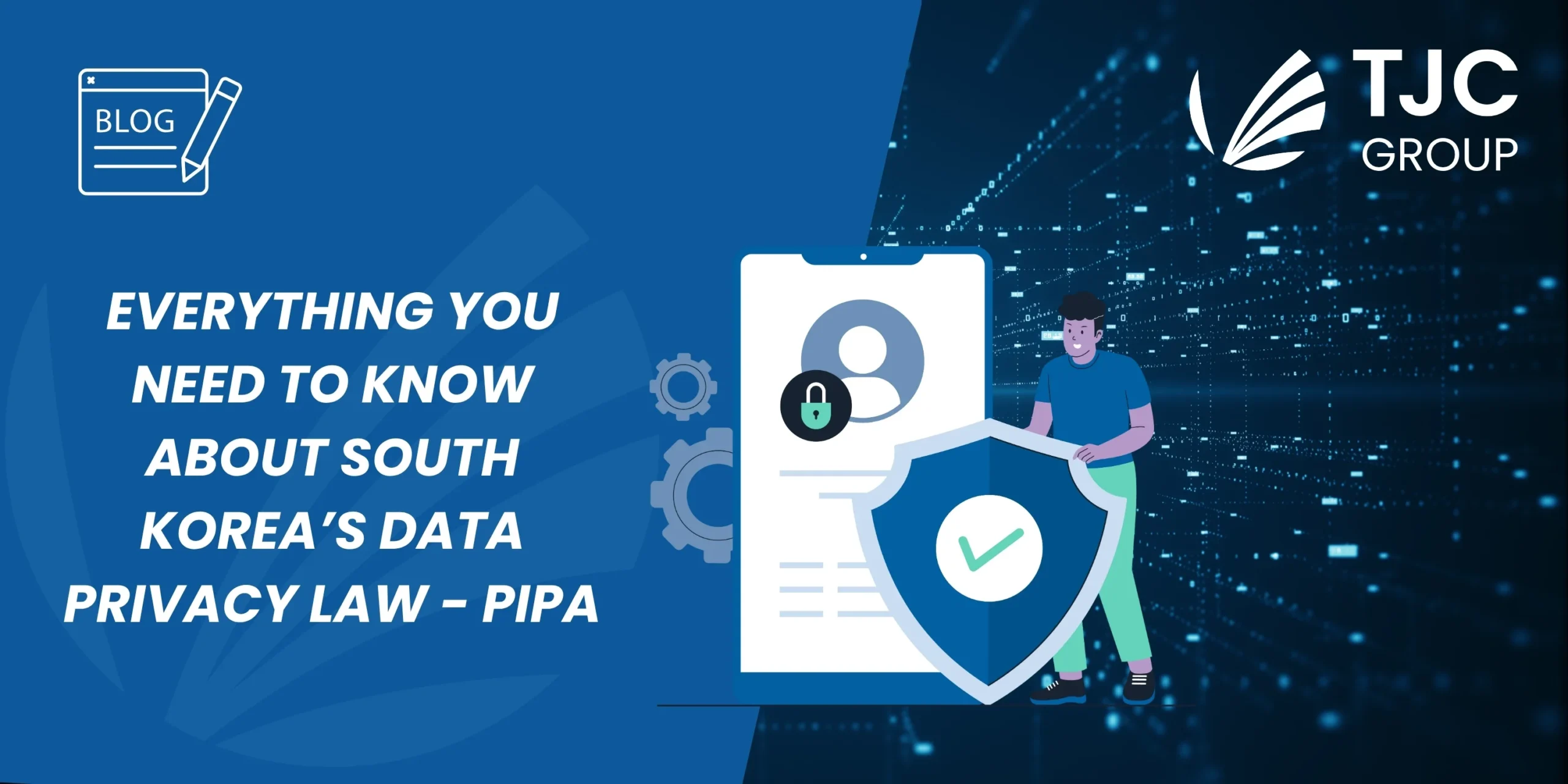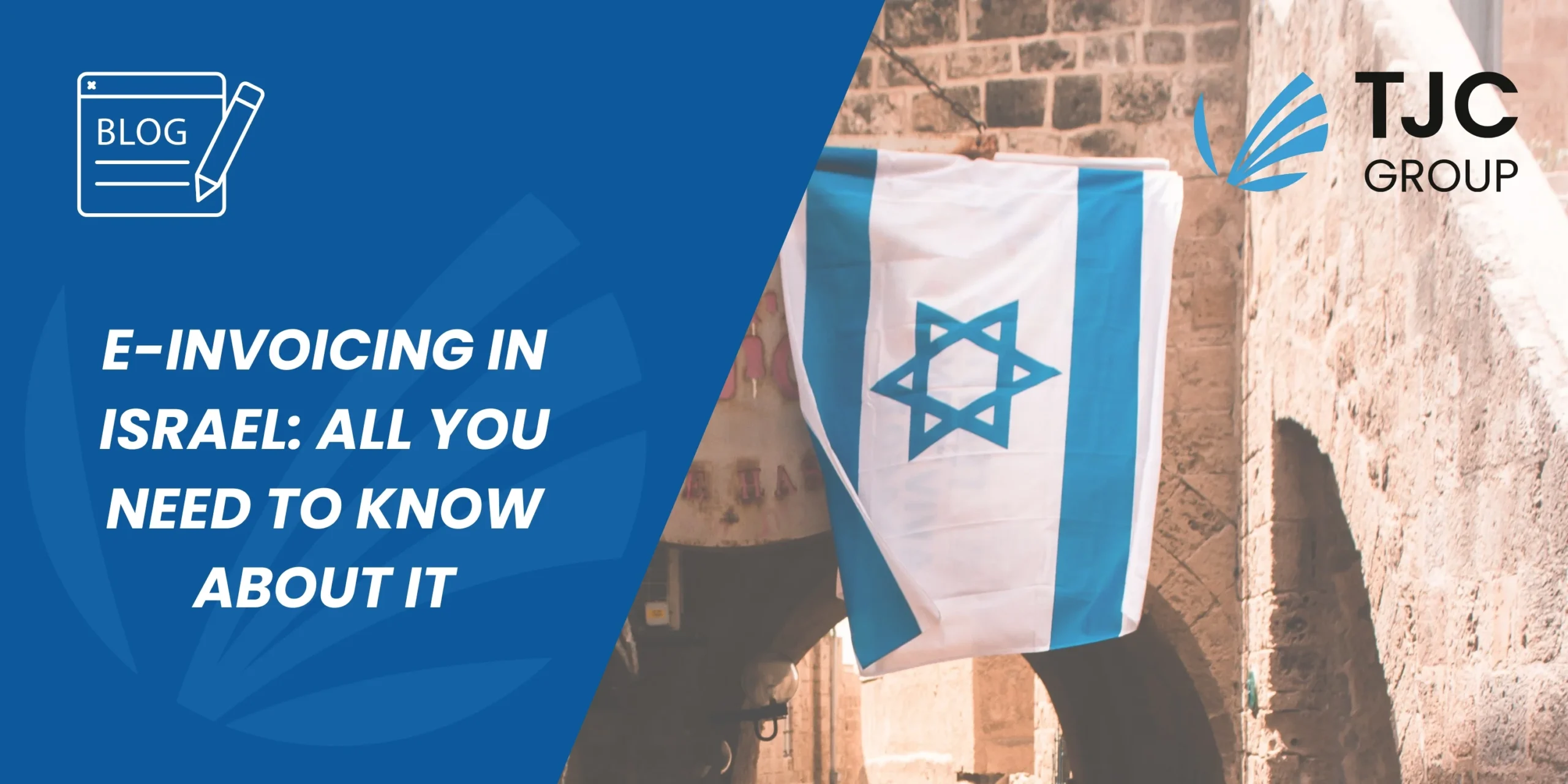Author: Priyasha Purkayastha, Global Content Manager, TJC Group | Co-author: Pratik Satardekar, B2G Senior Consultant, TJC Group
As per the Inland Revenue Board of Singapore (IRAS), the country has planned to implement e-invoicing and reporting for B2B organisations in a phased manner. Although e-invoicing in Singapore is not yet mandatory, it is always a great idea to stay updated on the requirements, implementation timelines, and more. You know, in case the government makes it mandatory. So, here’s a blog giving you insights on the same. Read on!
Table of contents
Introduction
With e-invoicing and reporting becoming mandatory across the world, there are a plethora of things that organisations have to ensure. More so when it comes to aspects specific to each country. It is imperative that organisations stay aware of the regulatory and business requirements pertaining to electronic invoicing because discrepancies can lead to hassles in the process. As a matter of fact, if there are errors in the data, it can lead to rejections or failure of the e-invoices. Furthermore, if your organisation hasn’t implemented the e-invoicing mandate, it can lead to penalties, burning a hole in your budget.
Bear in mind that if your e-invoices fail due to data errors, your organisation will get a buffer time for the correction and resending of the invoices. However, if the duration exceeds, the transaction will be marked invalid, and the e-invoice will not be issued. The buffer time, penalty, and other such requirements vary from country to country. So, if your organisation is based out of or has operations in Singapore, this e-invoicing blog is for you!
Is e-invoicing in Singapore mandatory for organisations?
While electronic invoicing is not yet mandatory or a legal requirement for organisations in Singapore, it is soon expected to join the list. As a matter of fact, the Infocomm Media Development Authority (IMDA) expanded its plans to digitise and promote a nationwide electronic invoicing network. The network was launched in January 2019; the government of Singapore added a new channel for suppliers to submit their invoices in January 2020. In March 2020, the Singapore government announced an e-invoicing registration grant with the aim of incentivising businesses to join the network. In September 2020, the electronic invoicing network in Singapore was renamed as InvoiceNow.
Even though implementing e-invoicing in Singapore is voluntary as of now, the government is aggressively promoting the solution and urging businesses to implement it. In fact, the Ministry of Finance proposed a draft law mandatorily implementing e-invoicing and reporting within the country.
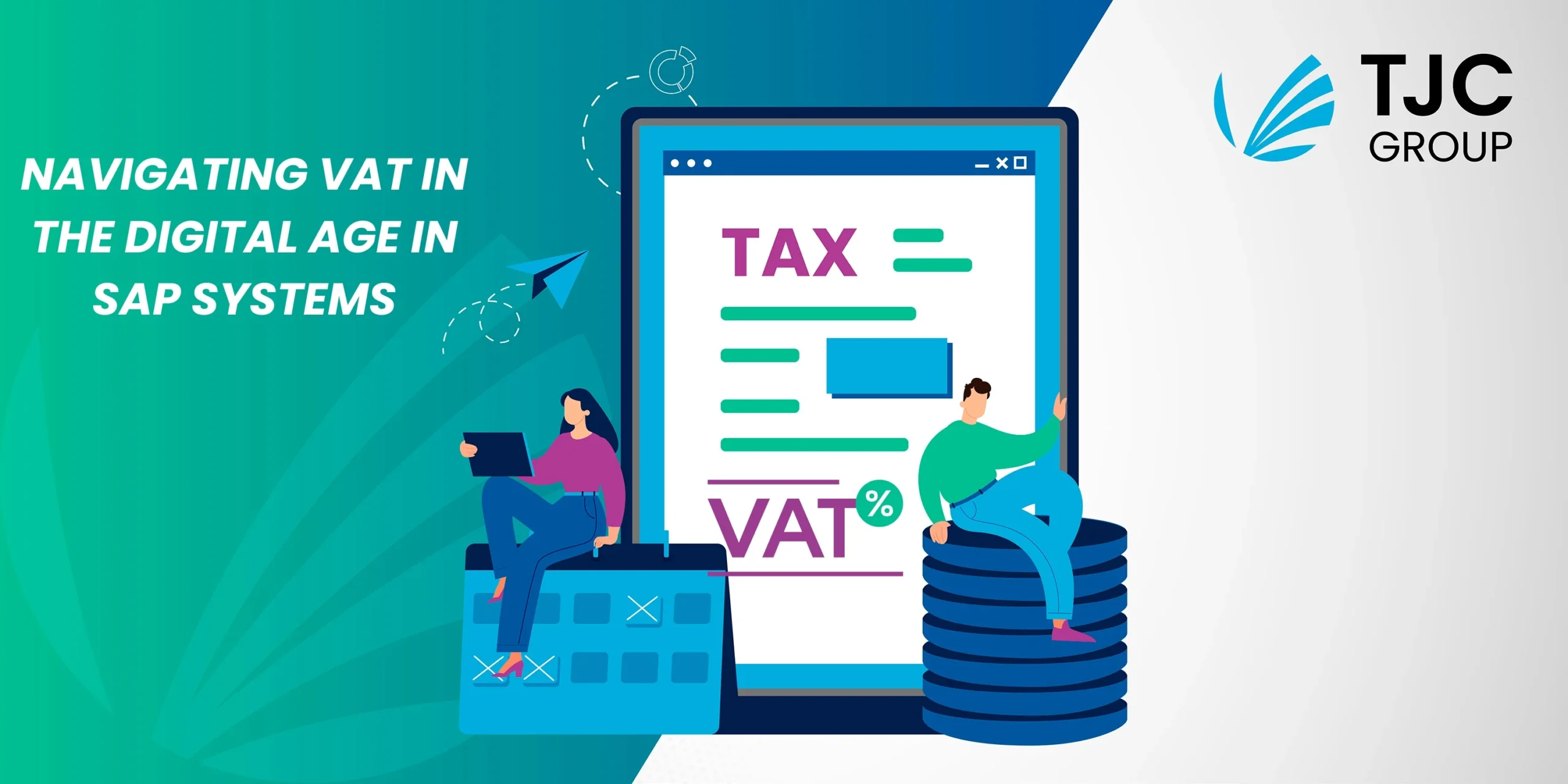
Timeline for implementing e-invoicing in Singapore for business
As per the Inland Revenue Authority of Singapore (IRAS), the new mandate for B2B e-invoicing has a defined time frame for registered organisations. While the mandate applies to only B2B transactions for now, the government of Singapore aims to make it mandatory for B2G in the coming years.
Furthermore, organisations that are registered with Singapore’s GST must utilise InvoiceNow to send data to the IRAS. Here are the phases of implementation that you must know of:
May 2025: Voluntary adoption for GST-registered organisations
From May 2025, organisations registered with Singapore’s GST network can voluntarily start using the InvoiceNow system for e-invoicing. If organisations implement electronic invoicing before the mandatory deadlines, they can leverage government benefits and grants.
November 2025: Voluntary adoption of companies that are newly incorporated
Companies that are newly incorporated and have registered for the country’s GST network can opt for e-invoicing and reporting. Although it is not mandatory, implementing the solution will help businesses streamline their invoicing process way in advance.
April 2026: Mandatory e-invoicing for voluntary companies with GST
From April 2026, organisations opting for and registering for Singapore’s GST must adopt electronic invoicing through InvoiceNow. Thus, this marks a paradigm shift towards the complete adoption of the system across all newly GST-registered companies.
Key requirements for e-invoicing in Singapore
Several technical and legal requisites must be met for organisations to implement electronic invoicing in Singapore. This will help assure compliance with the country’s laws and framework.
Registration with a PEPPOL Access Point provider
The first step for organisations is to register with a PEPPOL Access Point provider for e-invoicing and reporting. This will help them transmit and receive electronic invoices via PEPPOL.
PEPPOL BIS format
Each country has a specified format for its e-invoicing files, and organisations must adhere to it. For countries using PEPPOL outside of the EU, the format is specified by the Business Interoperability Specifications (PEPPOL BIS). In Singapore, the specified format until now was Singapore BIS Billing 3.0; however, starting in 2025, only e-invoices in PEPPOL PINT will be supported.
Requirements for e-signatures
Another requirement for organisations opting for electronic invoicing in Singapore is the use of e-signatures, which aim to enhance the legitimacy and security of invoices.
Requirements for archiving
One of the major requirements for e-invoicing in Singapore is archiving of the e-invoices. As per Government regulations, organisations have to archive the e-invoices in their original form for at least five years. The data or e-invoices, in this case, must remain accessible, readable, and unaltered for audits and regulatory compliance. What’s even more interesting is that with the help of archiving, organisations can also enjoy a lighter database and enhanced system performance, thus increasing efficiency for business operations.
Want to learn more about archiving? Head on to our blog below for extensive knowledge: https://www.tjc-group.com/blogs/sap-data-archiving-everything-you-need-to-know-benefits-processes-and-more/
Compliance with local tax regulations
Another important requirement for Singapore’s e-invoicing and reporting is compliance with the country’s tax regulations. Organisations must ensure accurate GST and other tax details on the e-invoices, which will help avoid legal complications and penalties.
Integration with systems
Lastly, organisations must link their present e-invoicing systems to the PEPPOL network. As a matter of fact, this requires collaboration with a service provider, connecting the ERP system to Singapore’s InvoiceNow electronic invoicing network. A smooth integration helps ensure seamless routing of e-invoices through your organisation’s internal systems.
Leveraging SAP DRC for e-invoicing and reporting in Singapore
SAP Document and Reporting Compliance, or SAP DRC, is a solution designed to handle every aspect of e-invoicing and reporting. There are two major components of SAP DRC: the business system and the SAP Business Technology Platform. The business systems are basically SAP S/4HANA, other ERPs, etc., further helping with effortless compliance with business processes. It helps enable full integration with invoicing networks, like the InvoiceNow network for e-invoicing in Singapore.
Additionally, SAP DRC comes with an eDocument Cockpit feature that enables seamless document collaboration. Furthermore, the SAP Application Interface Framework (SAP AIF) and SAP Integration Suite ensure effortless integration with other SAP systems. SAP Document and Reporting Compliance will help organisations comply with ever-changing regulations while maintaining the accuracy and reliability of the data stored in the systems.
How can TJC Group help you implement e-invoicing in Singapore?
TJC Group is one of the official resellers and partners of SAP, offering the SAP DRC solution to organisations that implement e-invoicing and reporting not just in Singapore but globally. We have a team of B2G experts specialising in SAP Document and Reporting Compliance solutions and following a customised approach backed by the SAP Activate methodology. Evidently, SAP Activate methodology is a proven process that helps plan and execute projects, ensuring the delivery of optimised templates and accelerators.
We have 25+ years of experience in the business and understand the legal requirements for tax and audit and other technical aspects of compliance. Partnering with TJC Group for e-invoicing in Singapore will help ensure an effortless and time-effective SAP DRC implementation and seamless assistance post-going live.
Want to learn more about SAP DRC and how we implement e-invoicing? Contact us now!


